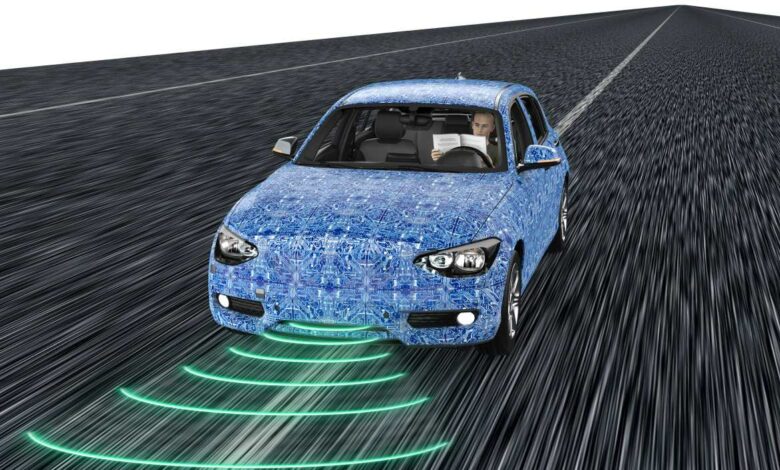
With an EU regulation that came into force immediately, the European Union wants to ensure an additional level of road safety. In the future, all new cars must offer various assistance systems, which will apply to all cars and vehicles from 2024 at the latest.
EU regulation for assistance systems in cars comes into force
Back in 2019, the corresponding EU Regulation 2019/2144 of the European Parliament and Council was adopted and finally came into force on July 06, 2022. It stipulates that from 2024, all new cars must be equipped with additional driver assistance systems to improve road safety.
Specifically, the regulation regulates, in its usual unwieldy wording, “administrative provisions and technical requirements for the type approval of all new vehicles, systems, components and autonomous technical units with the aim of ensuring the proper functioning of the internal market and to provide safety and environmental friendliness at a high level”.
The implementation of this will be gradual and will initially, with immediate effect, for all newly developed vehicles registered in the EU. From the year 2024, no car manufacturer may then sell vehicles without appropriate assistance systems.
- No drivers on board: Autonomous cabs paralyze traffic at intersection
These driver assistance systems will become mandatory
The list of mandatory driver assistance systems for new cars is relatively long in this regard. Specifically, supports must be installed, with which cars, for example, brake independently in dangerous situations (emergency brake assistant), automatically maintain speed (speed assistant) or adaptively warn other road users of dangerous situations via emergency brake lights.
The whole thing can get annoying if, as happened most recently with Tesla in the USA, cars suddenly brake for no apparent reason. Important for the regulation: In many areas, a simple warning from the respective assistance system is no longer sufficient. These must be able to actively intervene.
An accident data memory, emergency lane departure warning, drowsiness warning, reversing assistant and tire pressure monitoring will also become mandatory. The latter goes even further than tire pressure monitoring systems, which have already been mandatory in newly registered passenger cars since 2014.
With the newly required monitoring, the system informs the driver of the current tire pressure and any deviations via an indicator on the display or via a warning signal. This regulation also now finally applies to commercial vehicles, trucks (including trailers) and buses.
Driving under the influence of alcohol is also being tackled with a driving assistance system. In future, all new cars will have to be equipped with a standardized interface that makes it possible to retrofit an alcohol-sensitive immobilizer.
The corresponding breath-testing device, however, is not part of the regulation. Nevertheless, although controversial, a sensible obligation. After all, driving under the influence of alcohol is one of the most frequent causes of accidents.



